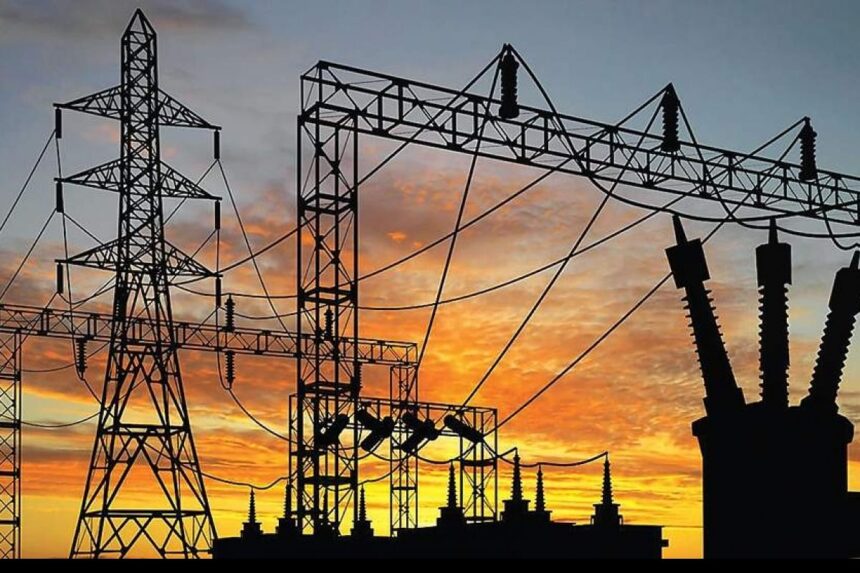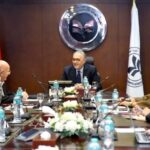The East African Power Pool (EAPP) project will complete the final phase of the Tanzania-Kenya connection project after the test run of the 500-kilometer transmission line.
The project will connect the Isinya substation in the Kajiado Region to Arusha in northern Tanzania, facilitating electricity exchange between the two East African countries.
The Kenya line will continue north to Ethiopia, while the Tanzania line will continue south to Zambia.
The project will integrate regional electricity production, ensuring low electricity consumption and grid stability during periods of high electricity demand.
- Advertisement -
“As policymakers, we must create an enabling environment for this market to thrive. This includes fostering a culture of cooperation, addressing any bottlenecks in the regulatory or technical frameworks, and ensuring that our national priorities align with regional goals,” Opiyo Wandayi said.
Speaking at the three-day East African Power Pool (EAPP) conference on the regional energy industry in Mombasa, Energy Minister Opiyo Wandayi said the initiative would help create a job base for regional power producers, thereby improving their competitiveness.
The aim is to continuously improve energy efficiency. Tanzania’s dam line will rely on electricity generated by the Julius Nyerere Hydroelectric Project (JNHPP), which has a capacity of over 2,000 megawatts. Dar plans to export the transmission energy to countries such as Burundi, Rwanda, Mozambique and Malawi, as well as build new transmission lines.
The 1,045km line, which connects Wolayta-Sodo in Ethiopia to Suswa in Kenya, continues to the Isinya substation. The 500Kv HVDC transmission line will enable Kenya to supply 200MW of electricity from Addis Ababa.
Kenya and Uganda are connected by a 132-kilometre power line between Letsos and Tororo. It can distribute up to 1,200MW of power from the Lessos substation to the Tororo substation.
- Advertisement -
“By advocating the benefits of regional integration, such as reducing costs, increasing energy and improving energy efficiency, we can encourage the integration that needs to be successful,” said Okasai Opolot, Chairman of the Regional Energy Board.
Plans to establish an Independent Review Board (IRB) that will coordinate with joint projects and set a competitive price for project completion.
The existence of a strong regional regulator is important to promote transparency and trust,” Vandayi said.
Eastern Power Plant (EAPP) will benefit Kenya, Tanzania, Uganda, Sudan, South Sudan, Burundi, Democratic Republic of Congo, Djibouti, Ethiopia, Egypt, Somalia, Rwanda and Libya.
EAPP e-commerce is designed to adapt and respond to country differences and comply with international standards,” said EAPP Secretary-General James Wahogo.










